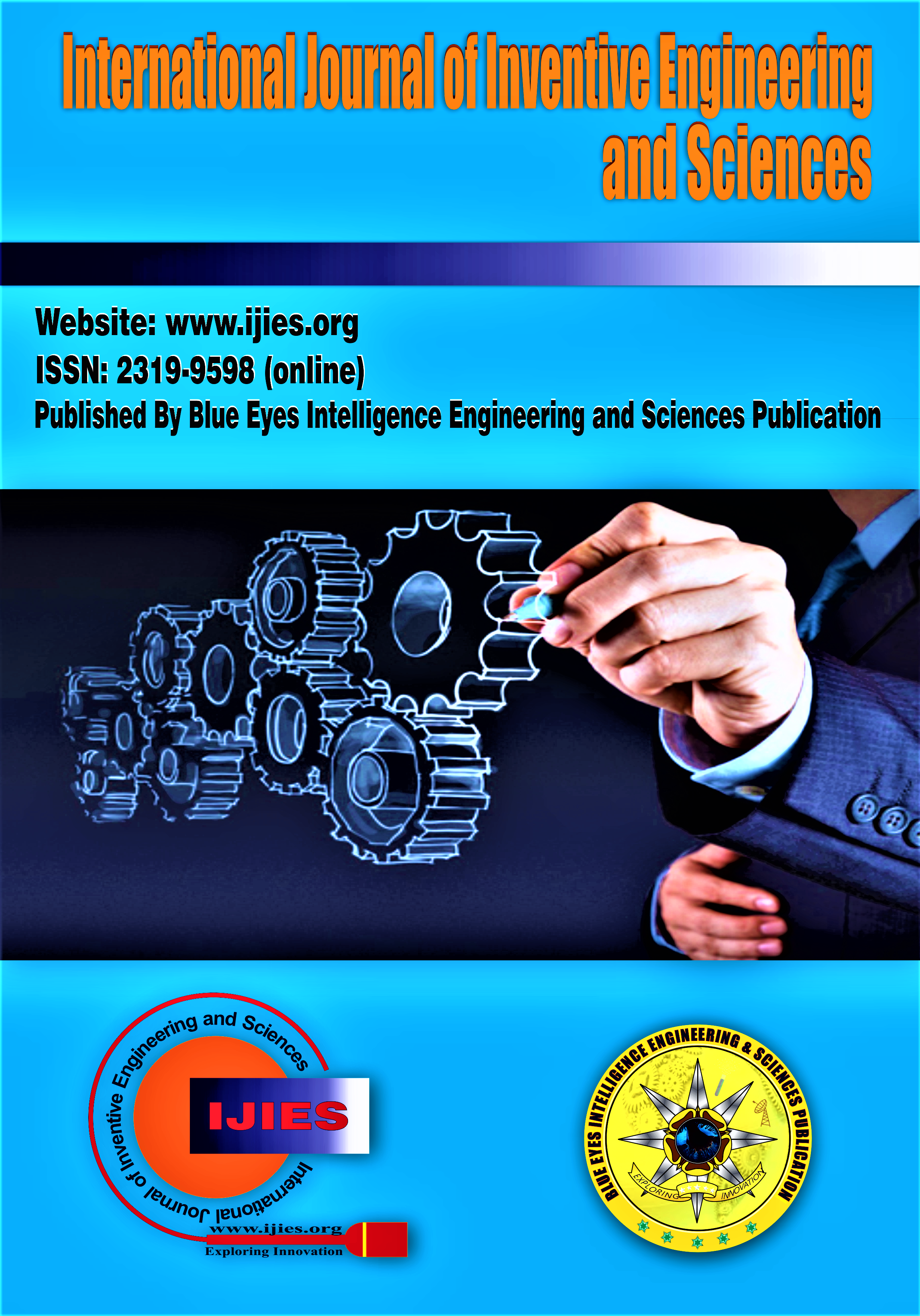Anti-Cheat and Cybersecurity in eSports and Gaming: A Case Study
Main Article Content
Abstract
The esports and gaming industry is growing rapidly, which is drawing the attention of cybersecurity threats and cheating that compromise competitive integrity. This case study examines the implementation of anti-cheat technology and cybersecurity in the gaming ecosystem, focusing on its effectiveness and limitations. It highlights various types of cheating methods, such as aimbots, wallhacks, and account hijacking. It examines how game developers and tournament organisers can tackle these threats through technical and policybased solutions. This case study will analyse the impact of cheating on player trust, game balance and viability of eSports. By studying real-world examples and current industry practices, this research will show the need for continuous innovation in cybersecurity to protect the digital competition.
Downloads
Article Details
Section

This work is licensed under a Creative Commons Attribution-NonCommercial-NoDerivatives 4.0 International License.
How to Cite
References
Li, J. (2024). The Rise of E-sports: The Transformation from Leisure Entertainment to a Global Sports Phenomenon. In Proceedings of the 2nd International Conference on Social Psychology and Humanity Studies. DOI: https://doi.org/10.54254/2753-7048/43/20240592
Zhang, J., Sun, C., Gu, Y., Zhang, Q., Lin, J., Du, X., & Qian, C. (2024). Identify As A Human Does: A Pathfinder of Next-Generation Anti-Cheat Framework for First-Person Shooter Games, in arXiv preprint arXiv:2409.14830.
https://arxiv.org/abs/2409.14830
Warren, T. (2024, November 4). Valorant is Winning the War Against PC Gaming Cheaters. In The Verge.
https://www.theverge.com/2024/11/4/24283482/valorant-is-winning-the-war-against-pc-gaming-cheaters
Aviv, A. J., Byrne, M. D., & Bellovin, S. M. (2009). An Investigation of Cheating in Online Games. In IEEE Security & Privacy, 7(5), 19–25. DOI: https://doi.org/10.1109/MSP.2009.60
Breen, E. (2020). The Impact of Cheating and Fraud in Gaming Ecosystems. In Journal of Digital Ethics, 18(2), 205–223.
https://quago.io/blog/the-impact-of-cheating-in-online-gaming/
Huang, C., & Chen, C. (2019). Boosting in Online Gaming: An Analysis of Cheating and Its Impact. In International Journal of Game Studies, 24(3), 155–171.
Parks, R., Lowry, P. B., Wigand, R. T., & Agarwal, N. (2017). Why Students Engage in Cyber-Cheating Through a Collective Movement: A Case of Deviance and Collusion. In Journal of Global Information Management, 25(1), 1–21.
DOI: https://doi.org/10.4018/JGIM.2017010101
Liao, Y., Zheng, Z., & Wang, C. (2020). Understanding and Mitigating Botting in Online Multiplayer Games. In Computers in Human Behaviour, 103, 188–197.
DOI: https://doi.org/10.1016/j.chb.2019.09.027
Zengler, T. (2021). What is the Deal with Anti-Cheat Software in Online Games? In Wired. https://www.wired.com/story/kernel-anti-cheat-online-gaming-vulnerabilities
Clyde & Co. (2024). The Rise of Cybersecurity Threats in Esports: Legal Implications and Risk Management Approaches. In Clyde & Co Insights. https://www.clydeco.com/en/insights/2024/11/the-rise-of-cybersecurity-threats-in-esports





